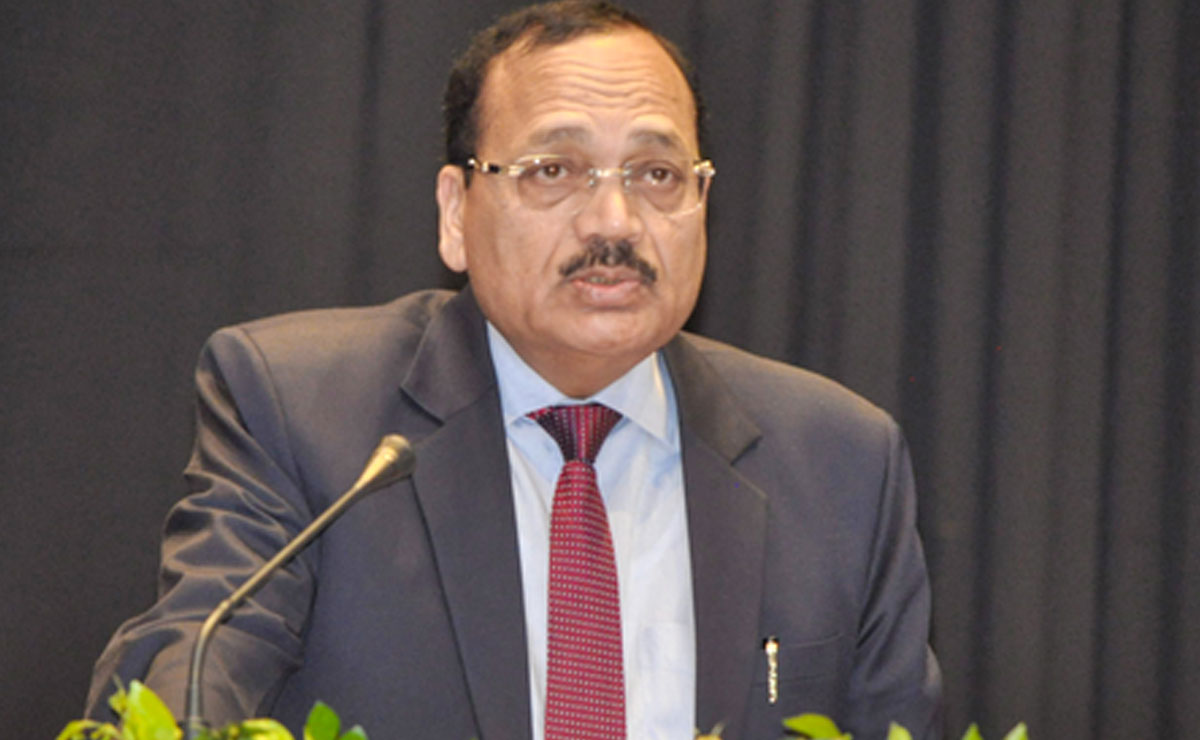
New Delhi: Justice Surya Kant will take oath on Monday as the 53rd Chief Justice of India (CJI), marking the beginning of his 14-month tenure in the country’s highest judicial office. President Droupadi Murmu will administer the oath of office to Justice Kant, who succeeds incumbent CJI Bhushan R. Gavai. The President had earlier appointed Justice Surya Kant as the next Chief Justice of India “in exercise of the powers conferred by clause (2) of Article 124 of the Constitution”, following the recommendation of CJI Gavai.
Justice Gavai, who demits the CJI’s office on Sunday upon attaining the age of 65, upheld the convention of naming the senior-most judge of the Supreme Court as his successor. Justice Surya Kant, born on February 10, 1962, in a middle-class family in Haryana, began his legal journey in Hisar in 1984 before moving to Chandigarh to practise before the Punjab and Haryana High Court. Over the years, he handled a broad spectrum of constitutional, service and civil matters, representing universities, boards, corporations, banks and even the High Court itself.
Also Read:Heavy rain to persist in Kerala; IMD issues yellow alert for multiple districts
He was appointed the youngest Advocate General of Haryana in July 2000, designated a senior advocate in 2001, and elevated as a permanent judge of the Punjab and Haryana High Court on January 9, 2004. He later served as Chief Justice of the Himachal Pradesh High Court from October 2018 until his elevation to the Supreme Court on May 24, 2019. Since November 2024, he has been serving as Chairman of the Supreme Court Legal Services Committee.
On Saturday, in an interaction with the media ahead of assuming charge, the CJI-designate said that reducing pendency in the Supreme Court and courts across the country would be his foremost priority. He said that one of his first steps as the Chief Justice of India would be to engage with all High Courts to identify problems affecting the functioning of district and subordinate courts. He also announced that Constitution Benches of five, seven and nine judges would be constituted “in the next few weeks” to hear important matters that have been pending for a long time.
Emphasising the need to strengthen alternative dispute resolution mechanisms, Justice Surya Kant said, “Mediation will also be implemented effectively to reduce the burden of millions of cases.” Community mediation, he added, must be encouraged, especially to reduce disputes between state governments and between the Centre and the states. “A conducive environment must be created for this,” he said. Asked about the scope of employing AI to reduce the backlog of cases, Justice Surya Kant said that there are many issues and challenges.
“It has advantages, but people also have some concerns. It can be used in procedural matters. However, everyone wants their case to be decided by a judge,” he said. Indian courts are burdened with a massive load of 5.29 crore pending cases, according to official data up to July 21 available on the National Judicial Data Grid (NJDG). Of these, 4.65 crore cases are pending in district and subordinate courts, 63.30 lakh in High Courts, and 86,742 before the Supreme Court.
